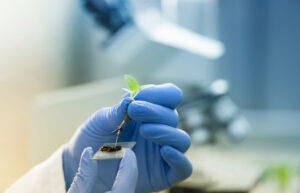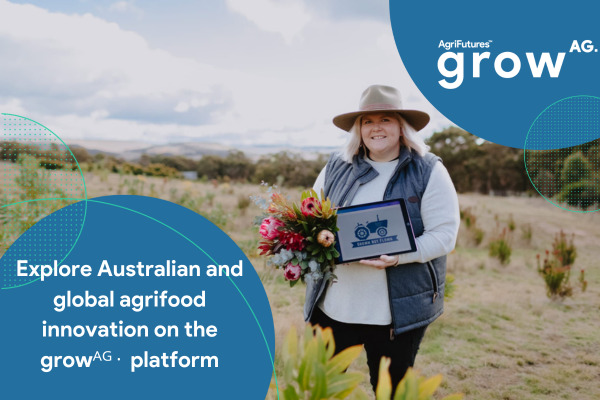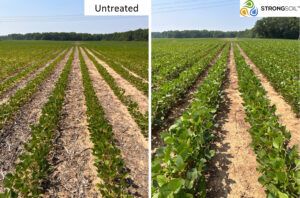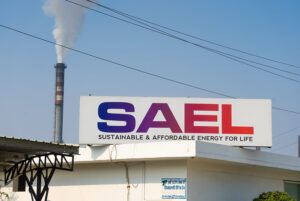Campbell’s Soup has sold its stake in Acre Venture Partners Fund I to private markets group StepStone in a secondary transaction. Campbell’s was the sole LP in the agrifoodtech fund, which includes investments in Farmers Business Network (FBN), Spoiler Alert, ImpactVision, and Evolve Biosystems.
StepStone has also committed to investing in Acre’s second fund, which held a first close earlier this year.
Acre Fund II recently invested in silk protein food preservation technology Mori: find out more here.
At the time of the sale in May, Campbell’s Soup had invested $85 million of a $125 million commitment into the fund, according to regulatory filings. Based on Campbell’s third-quarter results, which detail a $45 million loss on its Acre investment, StepStone paid roughly $40 million for the fund holding, plus a bit of extra “dry powder” for any future follow-on investments in Fund I companies.
None of the involved parties confirmed the size of the deal, but some alluded to the Covid-19 pandemic presenting great timing for StepStone to do the deal valuation-wise; the deal closed in May. The fact that two Fund I investments — Juicero and Pilotworks — both closed down could have contributed to the low price, but the Acre team said the sale price was not at all reflective of the real value of the portfolio. Acre Fund I has a significant stake in FBN, which is valued at around $1 billion.
StepStone is a major global private markets investor with private equity, real estate, real assets and infrastructure, and secondaries teams with over $60 billion in total assets under management and $280 billion of private markets allocations. Its investor base includes a range of large institutional investors, including sovereign wealth funds, insurance companies, and pension funds globally. It recently closed the StepStone Secondary Opportunities Fund IV on $2.1 billion with separate accounts bringing the total raise to $2.4 billion.
“It’s a big deal for our industry when a player like this comes into food and ag; they are a very large, highly sophisticated firm that really knows what they’re doing, and the fact they’re an investor in both funds says a lot about the potential of this space and our thesis around where the food system going,” Sam Kass, partner at Acre told AFN.
While StepStone has an agriculture team, it’s not an active investor in the agrifoodtech space. The deal was an opportunistic secondary play, but as the team got to know Acre over nine months, they decided to double down with an investment in Fund II too. StepStone invested from a variety of StepStone funds and separate accounts and split pro-rata across each participating entity for both Fund I and Fund II, according to John Kettnich, partner at the firm.
“We’re generally interested in spin-out transactions, as they tend to be interesting opportunities to back when you have a new team coming out of a broader platform. The new team is motivated to make money for their new partner. StepStone was uniquely positioned to perform due diligence on this for a variety of reasons, and we think we have an edge when it comes to manager selection,” he told AFN. “These types of situations pique our interest; when the opportunity first came to market, it was unclear what type of process it would be or how involved the Acre guys would be. But in the end, we got to know Acre over nine months leading up to the close.”
Moving on from Campbell’s
This deal ends Acre’s relationship with Campbell’s Soup, which has been an unwelcome source of confusion for the Acre team since the food company first invested in 2016 as many assumed Acre was the VC arm of Campbell’s.
“For us, this deal is really important in our evolution as a firm; Campbell’s Soup was never more than a passive financial investor in Acre so clearing up any confusion about our relationship with them is important for the future of our enterprise,” said Lucas Mann, another partner at Acre.
Identifying the right kinds of investors — those with a long term view and understanding of the critical nature of agrifoodtech — is a crucial strategy for Acre going forward. The firm recently brought on venture veteran Bill Helman as an investor — and partner at the firm — alongside The Grantham Foundation for the Protection of the Environment among other mission-aligned investors.
Read more about why Bill Helman joined Acre here.
Agrifoodtech during Covid-19
The timing of StepStone’s investment is compelling, not only because the Covid-19 pandemic no doubt helped them to get a good acquisition price, but also because of the urgency of innovation in food and agriculture exposed by the pandemic, argued Kass.
“The last few months have shown us the duality of the food system — in one breath, there’s lots of stability in it, and it has been resilient in many ways; from an investment standpoint, there’s less risk in this space than elsewhere. But we’ve also seen how much we need meaningful, deep innovation and transformation in how it operates, to be more adaptable and transparent. And the core challenges around climate and health continue to be a powerful combination,” he said.
“The number one reason that we’re seeing disparities in Covid-related death rates in different communities is our food; Covid really put a focus on that and the inequalities throughout our society, much of which is rooted in food,” he added, alluding to the growing links between obesity and metabolic health challenges and complications from the virus.
StepStone’s Kettnich said the ESG [environment, social, governance] benefits of the investment were a draw, if not a key reason for doing the deal.
“In the midst of Covid-19, this was particularly interesting for us considering food and agriculture are less correlated to other markets. And while this was purely an economic decision, there are natural, positive ESG benefits in this sector to add to the attractive returns we expect.”
Campbell’s Soup had not responded to requests for comment at the time of publication.
















